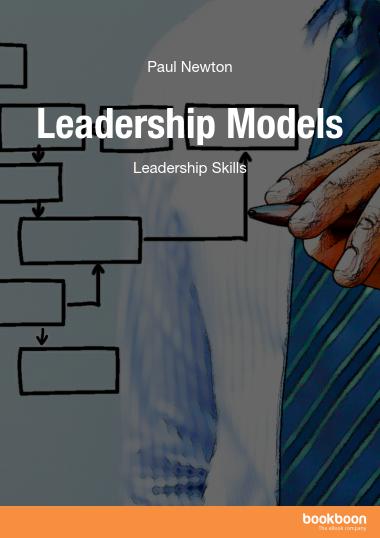Thinking skills: 4 ways to be a thoughtful leader

One may have been convinced by films’ depiction of managers that thoughtfulness and leadership do not go hand-in-hand but this is not the case. Thoughtful leadership is a widely successful leadership model throughout many industries. A thoughtful leader is, as the name may suggest, someone who thinks more than your average leader. Thoughtful leaders think about how an employee may be feeling, how their own decisions may impact their team members and how to best represent their team and their organisation. Let’s look at 4 ways to be a more thoughtful leader.
Show empathy
Thoughtful leadership requires empathy. Employees must feel their management is attempting to understand where they are coming from and putting effort into seeing how they may feel. When making decisions, think about how the decision will affect the team and the organisation as a whole. Try putting yourself in the employees’ shoes and imagine how you would respond to the decision.
With thoughtfulness comes communication. Thoughtful leaders talk with their teams instead of assuming how they may be feeling.
Look inwards
Thoughtful leadership is introspective. Whether a leader is looking inside themselves to understand how they feel about a situation or thinking about how they could have made a better decision or how a more successful outcome could have been achieved, introspection is an important leadership skill.
Introspection is about understanding oneself and learning from one’s mistakes.
Be perceptive
Pay attention to those around you. What does their emotion, action, body language or tone of voice say about them? Thoughtful leaders use perception to appropriately react to the people and the environment around them. Perceptive leaders are often better equipt to respond to conflict and make more educated decisions as they have been paying attention and the situation doesn’t come as a surprise.
Stand up for what is important
Thoughtful leaders must know when it is time to stand up for both themselves and those around them. If leaders have been paying attention to how their team members are feeling they will know when it is time to say no to unreasonable requests or team conflicts. Whether the conflict comes from upper management, clients or coworkers, leaders need to be able to make tough decisions and thoughtful leaders will take the time to assess the situation before doing so.
Get the newest #ThoughtfulThursdays content in our weekly newsletter here!




